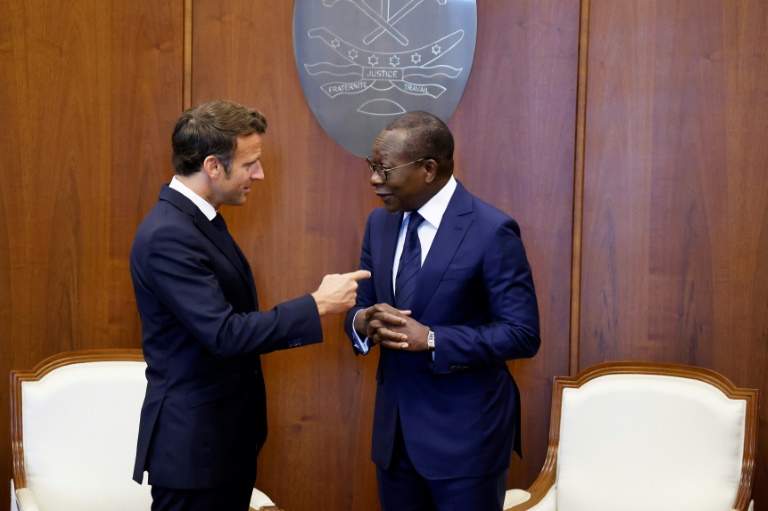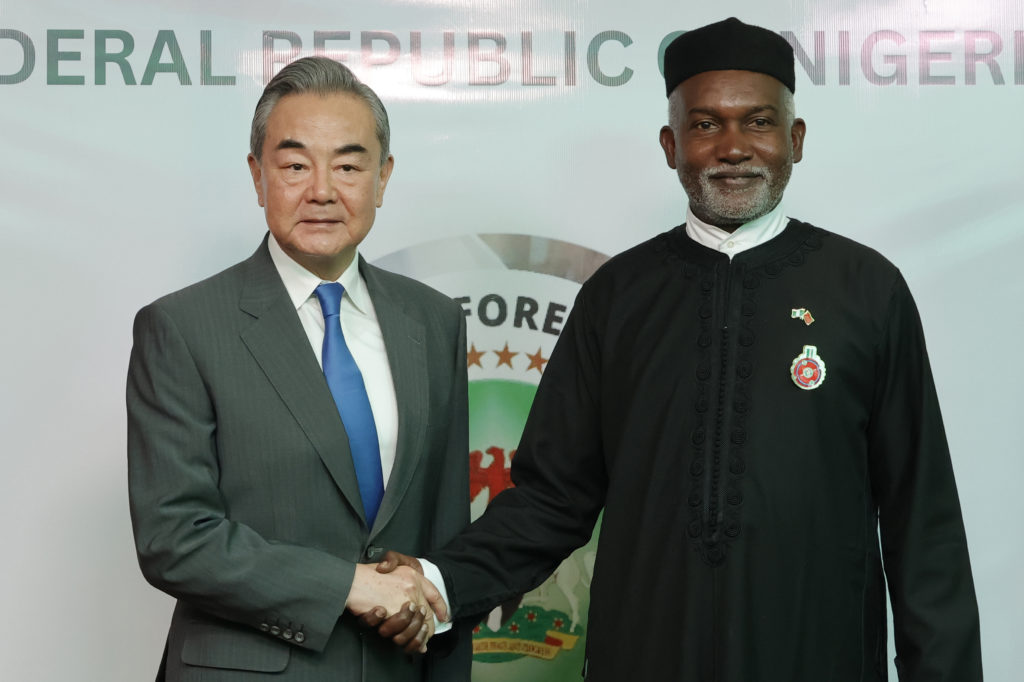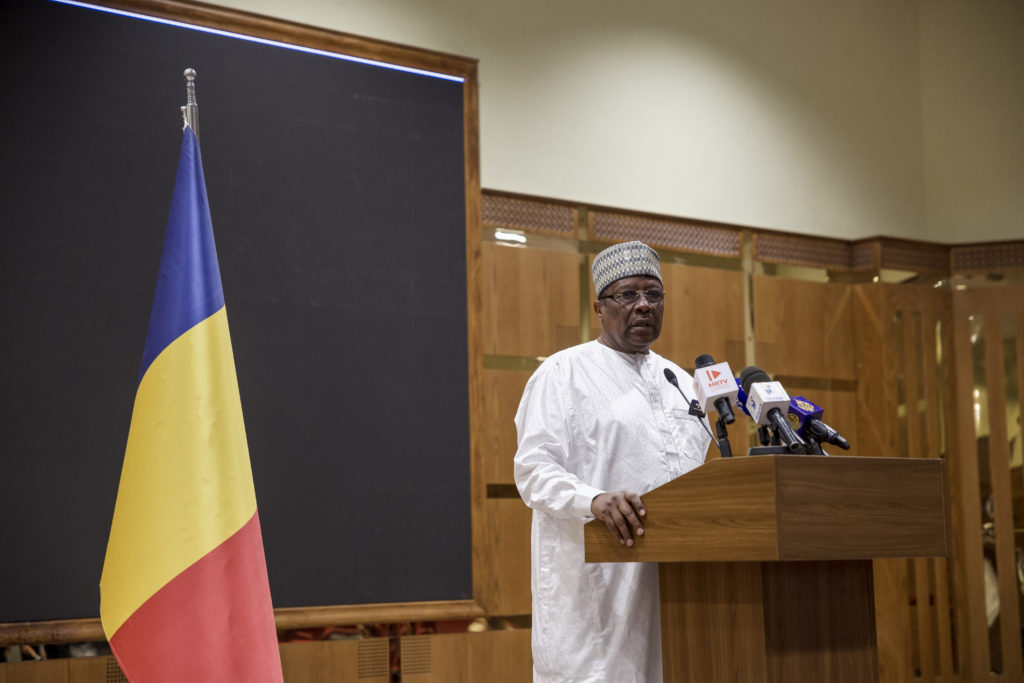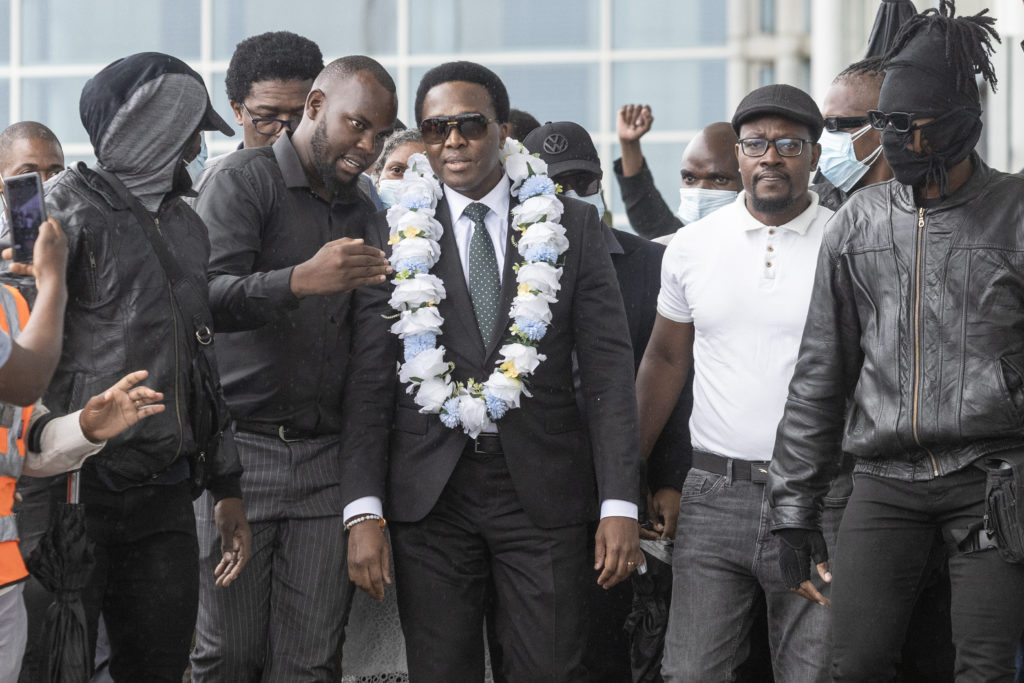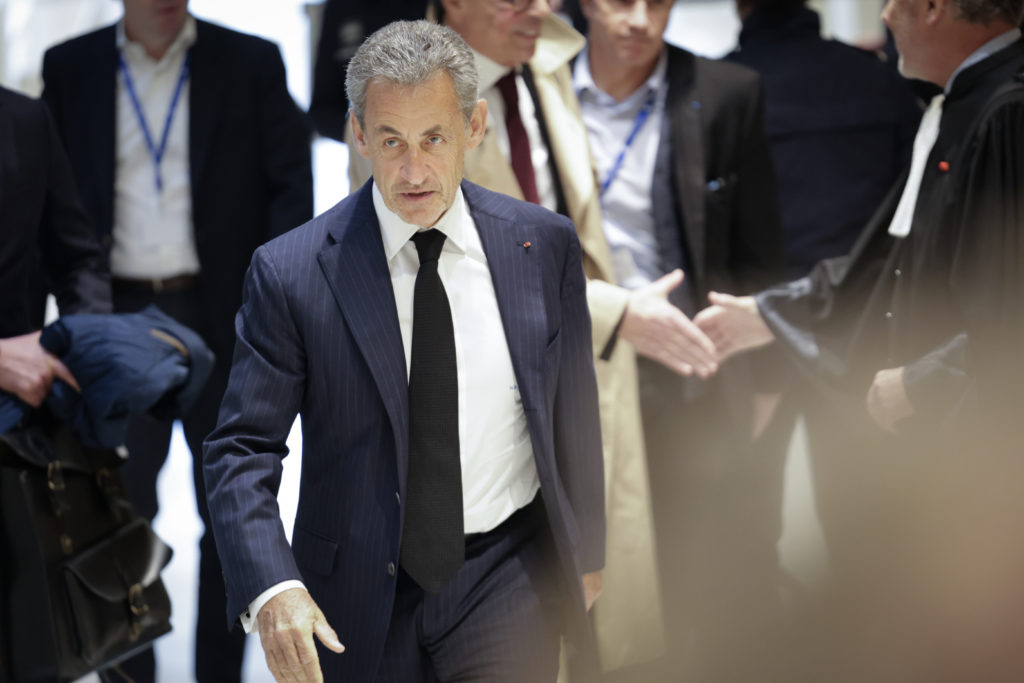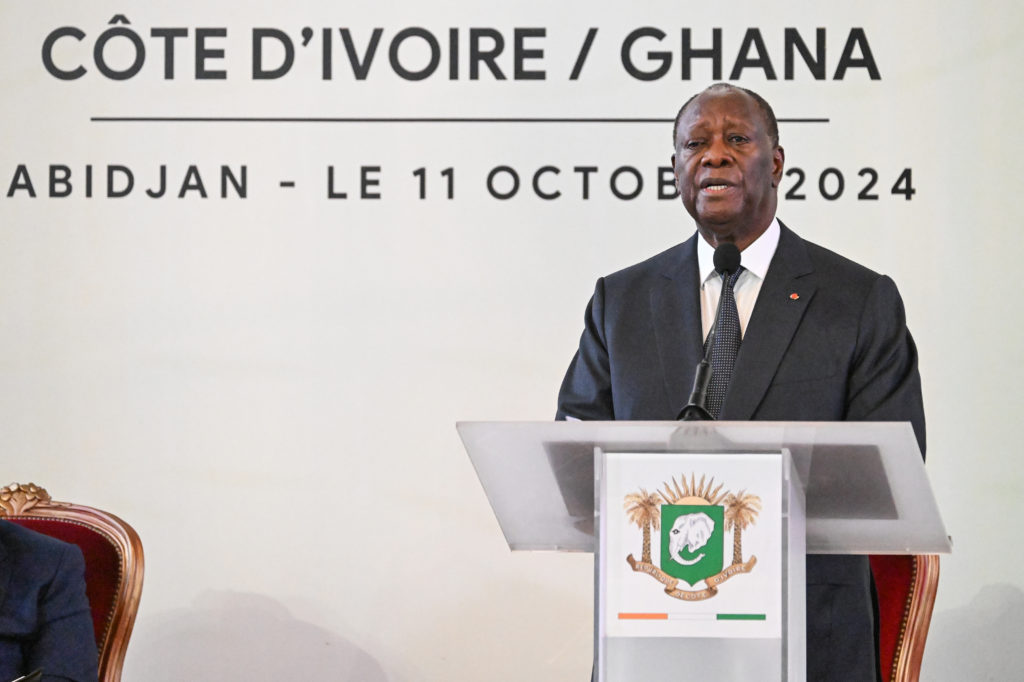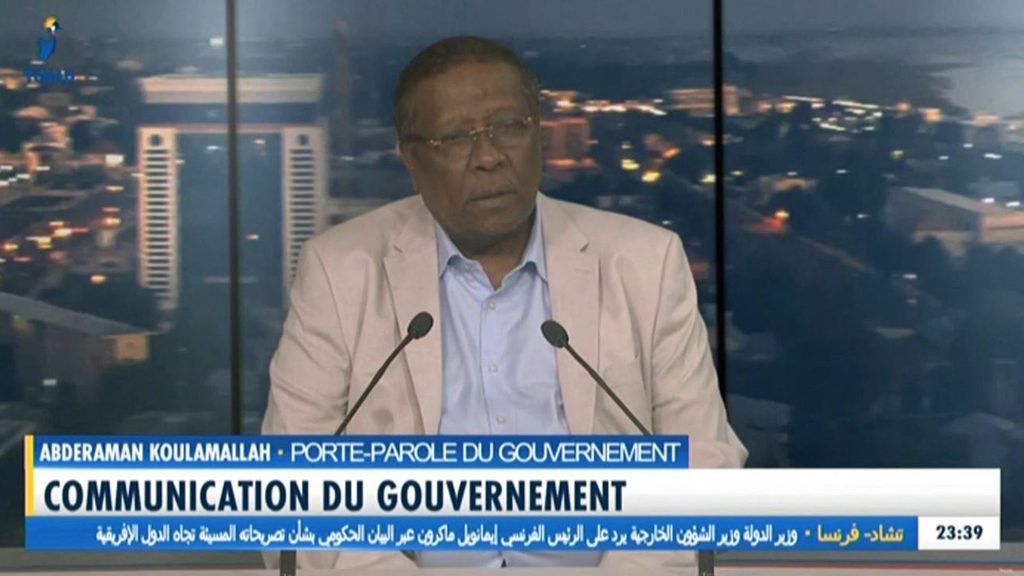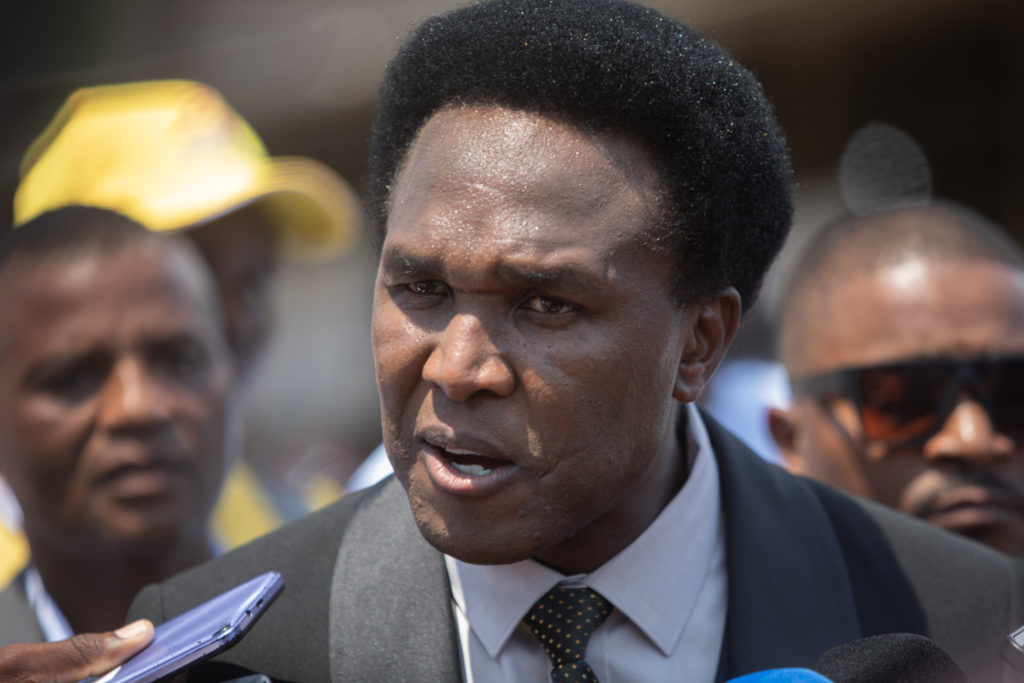Benin President Patrice Talon on Wednesday dismissed criticism that his government was holding political prisoners after the jailing of two opposition leaders late last year.
The West African state sitting between Nigeria and Togo was long praised for its thriving multi-party democracy, but critics say freedoms have steadily eroded under Talon, a 64-year-old cotton magnate first elected in 2016.
Talon was speaking during a one-day visit by President Emmanuel Macron to Benin’s economic capital Cotonou after the French leader had travelled to Cameroon.
“In Benin, there are no political detainees, no one is detained in Benin for their political opinion,” Talon said, answering questions from journalists with Macron at his side.
“But people are detained for having acted, for having committed offenses and crimes in the political field, that is true.”
Macron did not talk about the political situation in Benin during his speech.
Talon said it was possible that an amnesty or pardon may be given to detained opposition figures, when asked about releasing the two leaders.
“We have to be able to adjust the political situation so that it gives a good image, favourable to economic development,” Talon said.
“Our image is a little tarnished by the political situation that Benin has experienced lately. I am not ashamed of that.”
Benin opposition leader Reckya Madougou was sentenced in December to 20 years in prison for “terrorism” by a special court in the capital Porto-Novo after a brief trial that her attorneys condemned as a “political attack”.
Madougou was one of several Benin opposition leaders banned from running in last year’s April election when Talon won a second term with 86 percent of the vote.
A former justice minister, she was arrested in Cotonou in March — just weeks before the election — accused of financing an operation to assassinate political figures to prevent the vote and trying to “destabilise” the country.
Another opposition leader Joel Aivo, a professor who had been held for eight months, was also found guilty last December of money laundering and plotting against the state.
Both were tried by a special court dealing with terrorism and economic crimes, known as the CRIET. Critics say the court, created by Talon’s government in 2016, has been used crack down on his opponents.
Less than a week before the April election, a judge from the CRIET fled Benin denouncing political pressure to make rulings, in particular in the case of Madougou’s arrest.
Some opposition figures have fled the country while others have been disqualified from running in elections or targeted for probes by the government, critics say.

